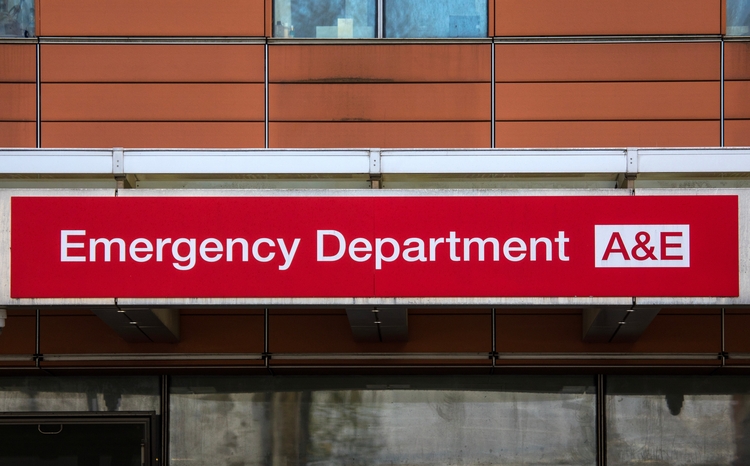111 becomes number for NHS services
- 18 December 2009
UK Telecoms watchdog OFCOM has given the go-ahead for 111 to become the new three digit number for accessing non-emergency healthcare 24-hours a day.
The 111 number will be used to supplement the 999 emergency number and NHS Direct, by connecting callers to non-emergency care services, such as urgent and out-of-hours services, using the NHS Pathways software.
The Pathways software enables call handlers to direct people by assessing their clinical need, and match them against a comprehensive directory local services and their current available capacity.
“We’re very pleased that Ofcom have given the go-ahead,” Jackie Shears, director of NHS Pathways told E-Health Insider.
She added: “The 111 programme represents the culmination of five years’ work by the NHS Pathways team, in designing, developing and then piloting NHS Pathways.”
The new 111 number will link people to service providers using NHS Pathways clinical assessment and service referral platform. The system, which has been extensively piloted in the North East of England, has been developed by NHS Connecting for Health.
One of the main strengths is said to be the system’s ability to integrate often fragmented out-of-hours, urgent and emergency care services, making them easy for citizens to access and then referring callers to the most appropriate available service nearest to them.
“NHS Pathways will support the integration of urgent and emergency care services so no matter where a patient calls, they receive a consistent clinical assessment and then direct referral to a service that has the skills to meet their needs,” said Shears.
Where an emergency ambulance response is required the service automatically transfers the caller to the local ambulance dispatcher.
OFCOM approved the new number, requested by the Department of Health, following a five month public consultation. Three regions of England will pilot the new system, beginning in 2010, ahead of a possible national roll-out in 2011.
The three NHS regions that will begin pilots in 2010 are: the North East, East Midlands and East of England. In each area the pilot will be led by the Strategic Health Authority.
“We want to run a one year pilot so we can get a good feel for them and do a full evaluation,” said e Shears. “If all goes well we can hopefully look to move to roll-out nationally.”
Another key benefit claimed for NHS Pathways is the data it generates for commissioners of health services.
Shears explained: “NHS Pathways has been developed by the NHS and is offered out through CfH free of charge on a licence. So in any area we implement, we can work with the whole community to put Pathways in for telephone assessment and the data generated is then available to commissioners.”
NHS Pathways is said to work best when used both for urgent and emergency care and ambulance services, though the DH stresses the service does not replace 999 services.
Shears said that NHS Pathways was not currently used by NHS Direct, which uses software supplied by Clinical Solutions, but said discussions were underway.
She also told EHI that although Pathways didn’t yet link to the Summary Care Record but: “We’re talking to them, there are clearly synergies.”




